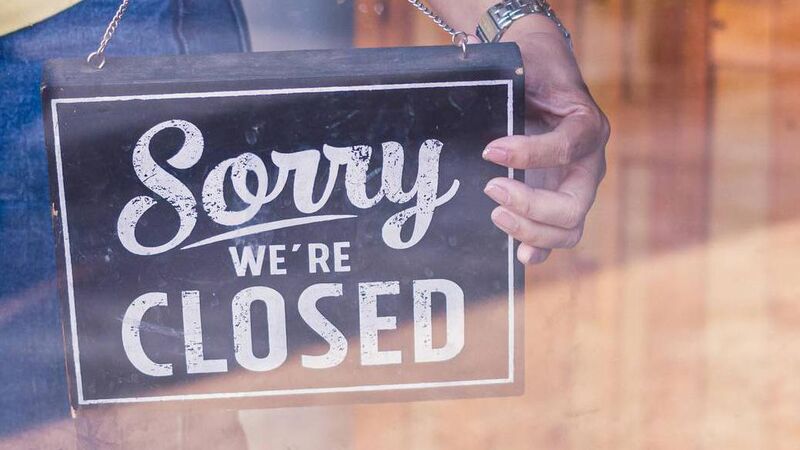Covid-19 nearly caused 10% of Irish businesses to close, now they must battle new dangers

Real estate and hospitality sectors had the highest proportion of business that appeared closed by the end of 2021.
More than 10% of business trading were at risk of closing down at the end of last year, new figures from the Central Statistics Office (CSO) show.
Almost one in eight micro-enterprises that were trading normally in 2019 were at risk of closing at the end of 2021. This was followed by almost 4% of small enterprises, whereas less than 2% of both large and medium enterprises were in this category.











